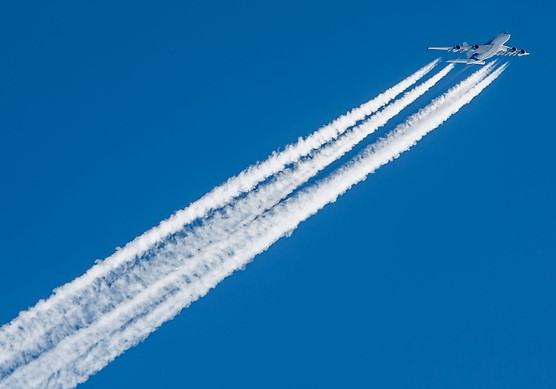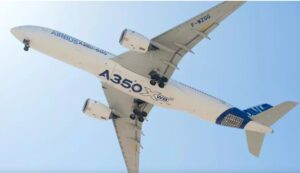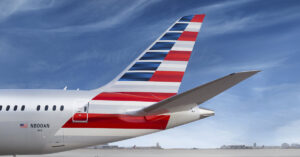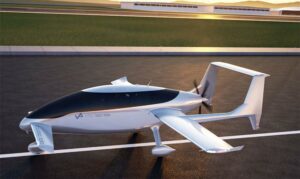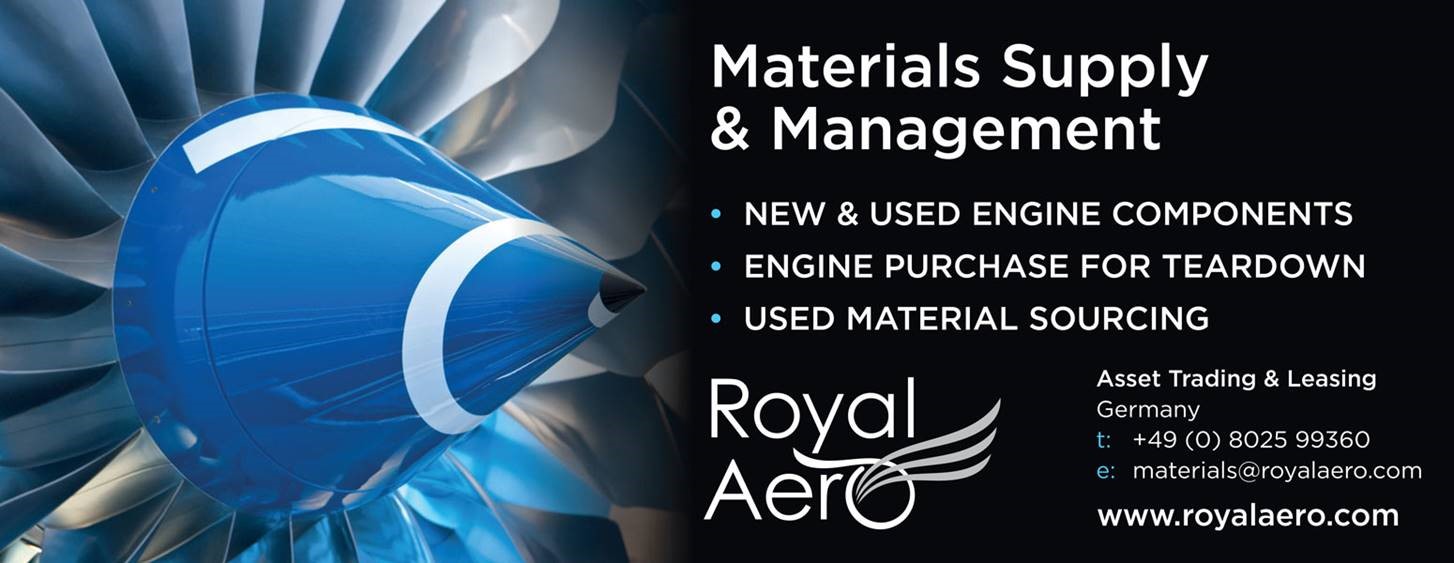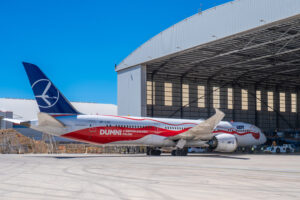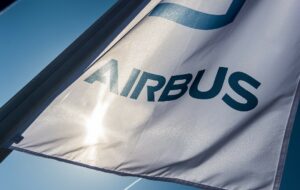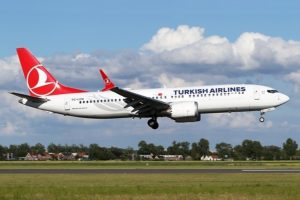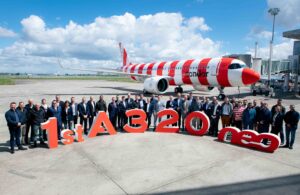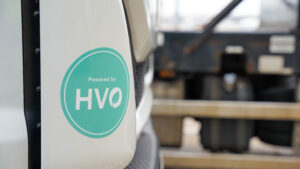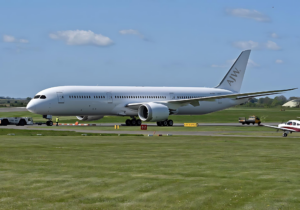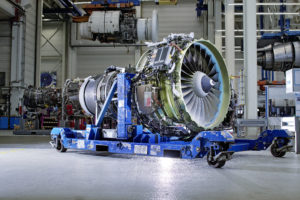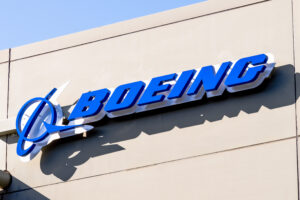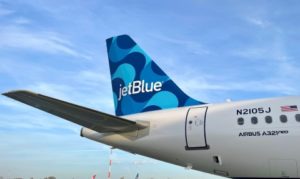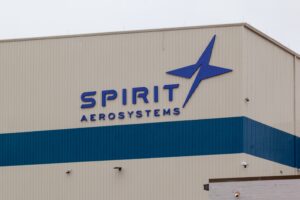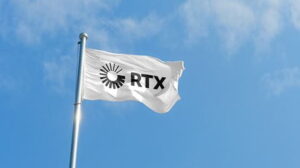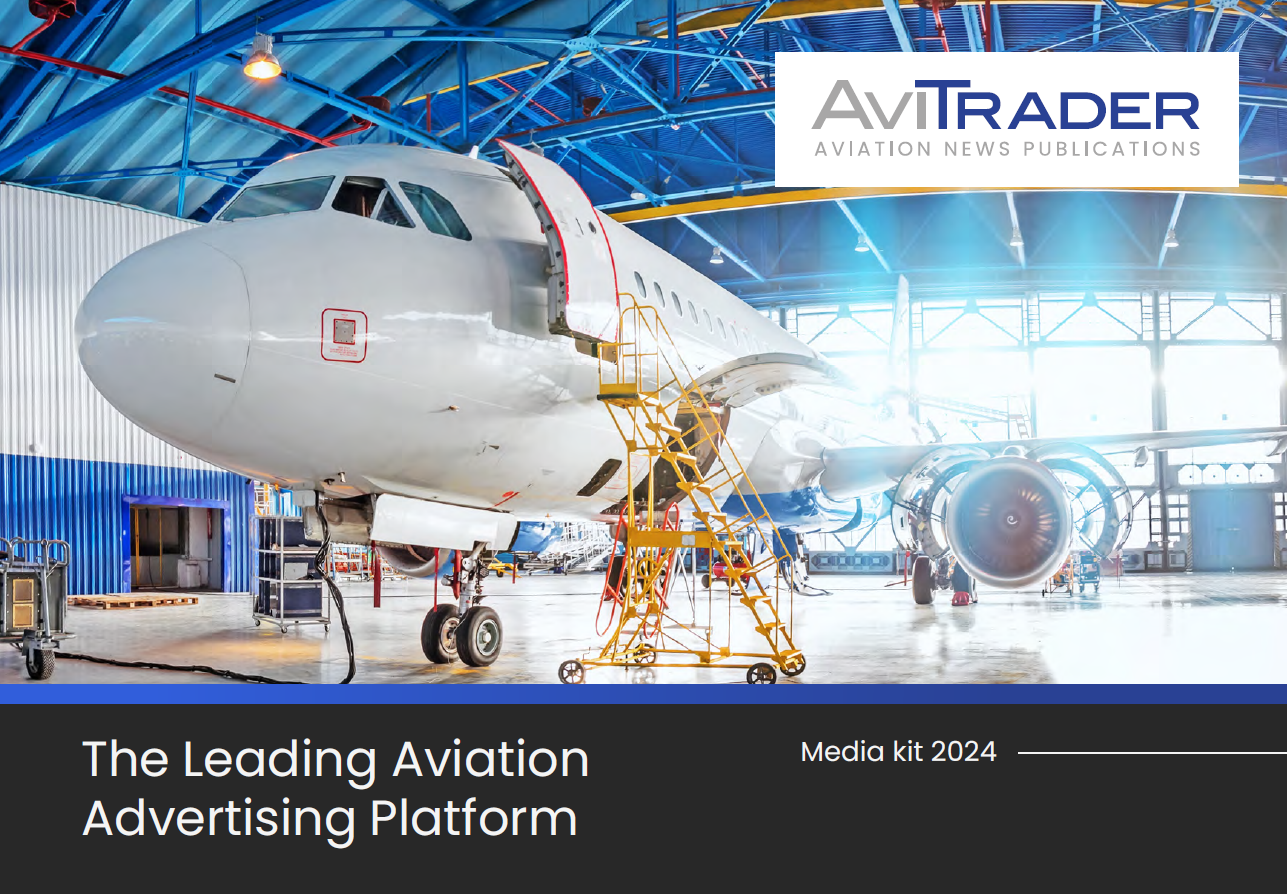On Wednesday, the European Union’s executive Commission made it clear that aviation must do more by 2030 to contribute to the EU’s goal to cut economy-wide net emissions by 55% from 1990 levels. As a consequence, current tax breaks enjoyed by airlines on jet fuel would see it become taxed in line with other transport sectors, following a phased introduction over 10 years to allow the aviation sector to recover from the impact of the COVID-19 crisis. Additionally, suppliers of aviation fuel will be expected to blend a minimum of 2% of sustainable aviation fuel (SAF) into their kerosene from 2025, rising to 5% in 2030 and 63% in 2050.
A portion of the total binding target for SAF – 0.7% in 2030 rising to 28% in 2050 – would be reserved for new e-fuels, which are currently limited in availability and also costly when compared to kerosene. Additional restrictions would reduce the level of what is known as ‘tanking’ which enables airlines to fly in cheaper fuel from elsewhere for the return trip.
In a separate bid to overhaul the EU’s carbon market, the Commission proposed phasing out free CO2 permits by 2026 for airlines whose flights within Europe are covered by the scheme. That would result in carriers paying more for their emissions which would likely be passed on to consumers through higher fares. Brussels gives carriers most of the CO2 permits they need to comply with the carbon market for free, capping their exposure to the price of the permits, which has hit record highs of above 58 euros per tonne of CO2 this year.

